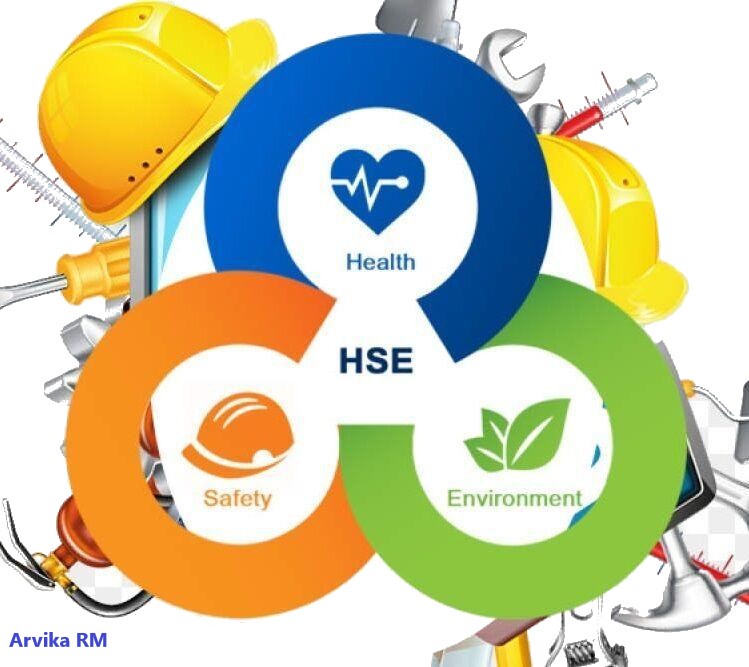EHS Management System Training
EHS Management System Training
Environment, Health, and Safety Management is an all-in-one term that focuses on improving the EHS performance of a business. EHS management refers to the implementation of procedures focused on ensuring and improving the safety of workers and their surroundings. EHS stands for environmental, health, and safety. It is a term used to refer to the policies, procedures, and practices that are designed to protect the environment, the health and safety of workers, and the general public from the potential hazards associated with business operations. EHS is also sometimes referred to as HSE, SHE, or QHSE, where "Q" stands for quality.
What is EHS-MS Training
EHS training is how you educate your employees on how to do their jobs safely, effectively, and in accordance with company HSEMS rules, guidelines, and standards. Call it workplace safety training, health and safety training, safety compliance training, or simply safety training. It’s everything your employees need to know about avoiding falls, chemical spills, cuts and amputations, respiratory diseases, eye injuries, and other work related hazards in the workplace.
Purpose of EHS-MS Training
The objective of a Health, safety management system is to provide a structured management approach to control safety risks in operations. Effective safety management must take into account the organisation's specific structures and processes related to the safety of operations.
Scope of EHS Management Training
Benefits of HSE-MS Training
Benefits can include:

7.Better reputation for corporate responsibility among investors, customers and communities;
